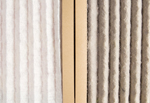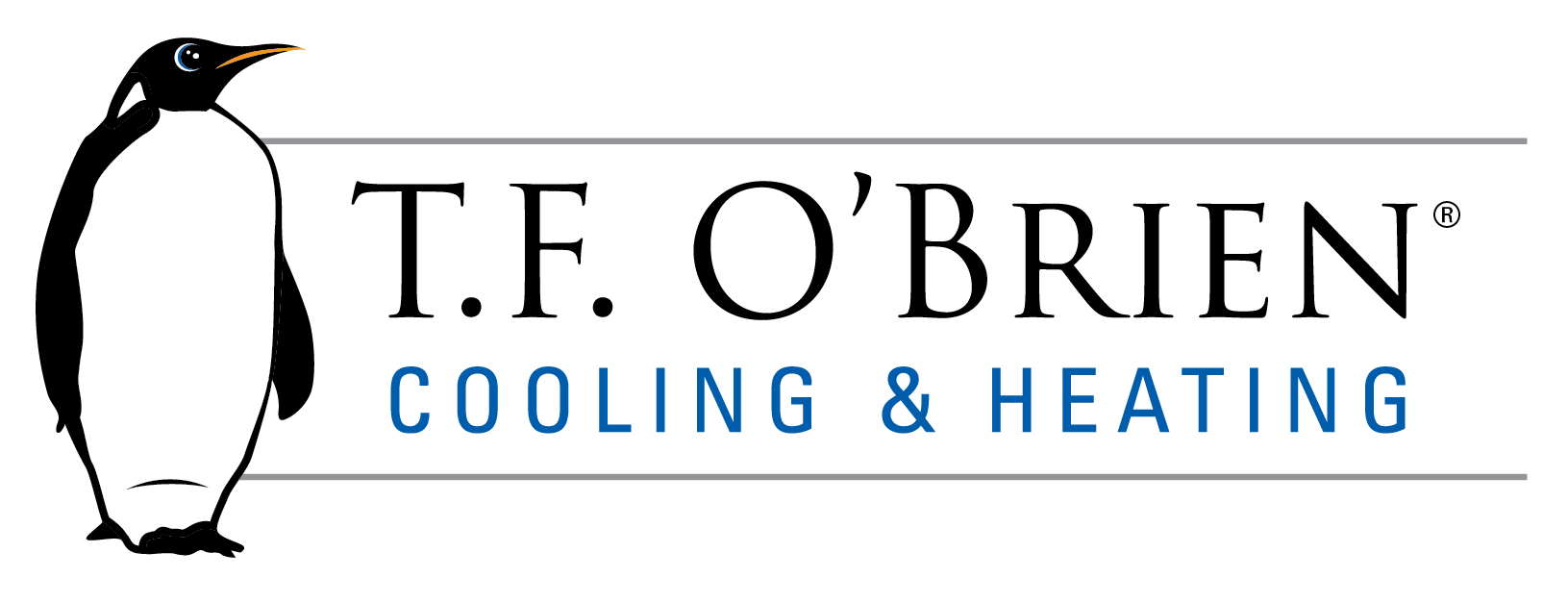 Learn the Differences in Air Filters for Your Home’s HVAC System
Learn the Differences in Air Filters for Your Home’s HVAC System
If you’re used to just grabbing the air filter that happens to be on sale, take note: Not all air filters are created equal. The type you are getting may be keeping a lot of grit and trash out of your heating and air system but returning a lot of those smaller particles to your home.
Air filters have a rating system to help consumers determine which type they need. The Minimum Efficiency Reporting Value scale ranges from 1 to 16. The higher the number, the better the filtration.
Values in the 2 to 4 range are often the ones that are on sale. That low MERV value allows many contaminants to pass through your indoor air again and again. A filter in that range catches dust, pollen, fibers and dust mites but allows everything from mold spores to tobacco smoke and bacteria to pass through.
Actually, a better choice for residential use is an air filter with a MERV value of 5 or above. From a 5 to an 8, you’re at least catching mold spores and hairspray droplets. Some nasty things are still getting through, but your indoor air is definitely cleaner.
Getting those airborne bacteria that plague indoor air, cooking fumes and auto emissions requires a higher MERV value. The 13 to 16 range offers the best filtration performance. A filter with this value catches particles that range from a large 10 microns down to the bacterial .03 micron.
If you have questions about matching a quality air filter to your HVAC system, give us a call at T. F. O’Brien Heating and Cooling. We’ll get you through the ratings and help improve your indoor air quality.
Call us at 516.488.1800. We’re always ready to answer your questions.
Our goal is to help educate our customers about energy and home comfort issues (specific to HVAC systems). For more information about choosing air filters and other HVAC topics, click here to download our free Home Comfort Resource guide.
Photo courtesy of Shutterstock.